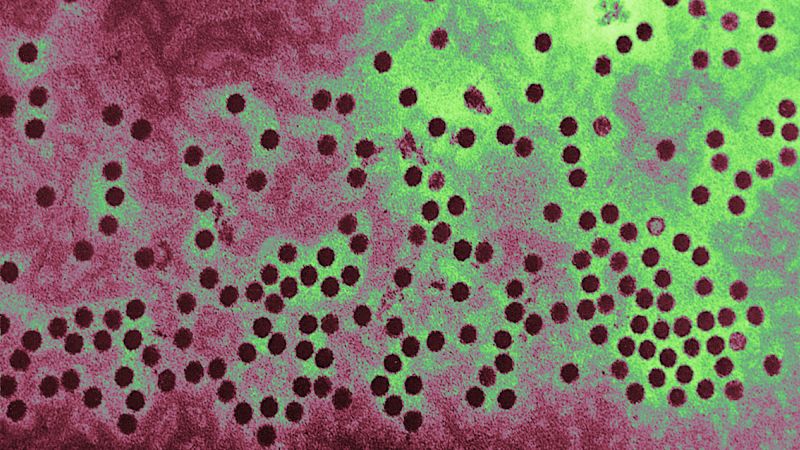In a recent report, the US Centers for Disease Control and Prevention issued a warning about the increasing activity of a seasonal respiratory virus known as parvovirus B19, also referred to as fifth disease.
Parvovirus B19 is a common viral infection spread through respiratory droplets. The CDC noted that antibodies from previous infections can help protect against reinfection, with more than half of US adults having detectable levels of these antibodies by age 20. Individuals in occupations with close contact with children, such as those in schools and daycares, are at a higher risk of infection.
During the peak of the Covid-19 pandemic, efforts to prevent the spread of the virus inadvertently led to a decrease in parvovirus B19 infections and a subsequent loss of immunity.
In a recent Health Alert Network advisory, the CDC reported an increase in test positivity rates and clusters of complications among individuals at high risk of severe illness. The proportion of people with antibodies indicating recent infection rose from below 3% during 2022-24 to 10% in June, with the most significant increase among children aged 5 to 9.
The CDC also received anecdotal reports of higher-than-expected case counts among pregnant individuals, including complications like severe fetal anemia or miscarriage, as well as an increase in aplastic anemia among those with sickle cell disease.
Most individuals infected with parvovirus B19 do not display symptoms, but those who do typically experience two phases of illness. The first phase, characterized by symptoms such as fever, muscle aches, and malaise, lasts about five days and is when individuals are most contagious. The second phase, which begins about a week later, often presents with a facial rash known as a “slapped cheek” rash in children and a rash on the trunk in adults, along with joint pain.
Severe complications from parvovirus B19 can occur in certain groups, including individuals with chronic hemolytic conditions like sickle cell disease or those with weakened immune systems. Among pregnant individuals, 5% to 10% of cases can lead to adverse fetal outcomes.
There is currently no vaccine for parvovirus B19, and treatment is focused on symptom relief, as most infections will resolve on their own.
As cases of parvovirus B19 continue to rise, the CDC recommends following general precautions to prevent the spread of respiratory illnesses, such as frequent handwashing, cleaning common surfaces, and practicing proper cough and sneeze etiquette. Individuals who develop symptoms should isolate themselves until they improve and have been fever-free for at least 24 hours without medication.
For pregnant individuals, those with weakened immune systems, or individuals with chronic hemolytic disorders, the CDC advises wearing a mask around others and seeking medical care promptly if symptoms develop.



